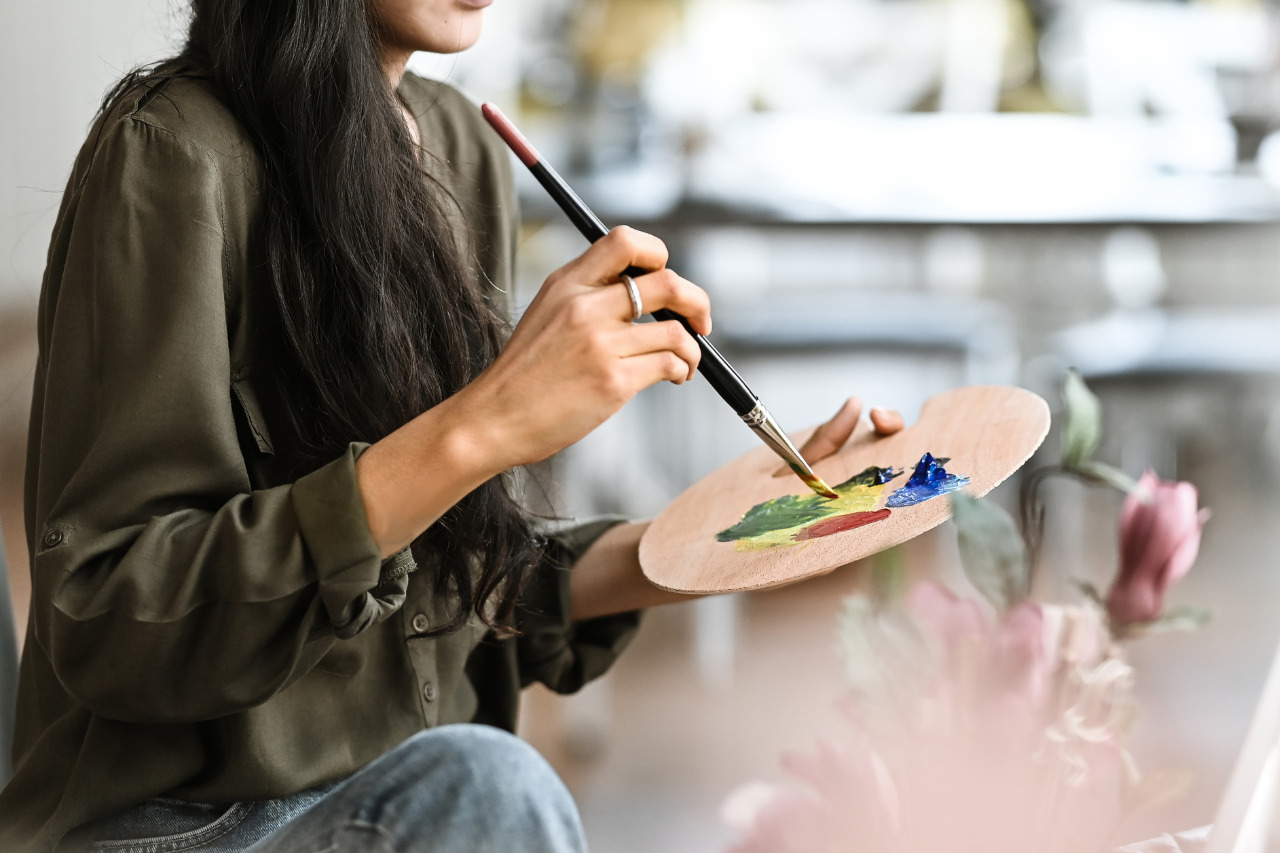
Finding Flow: Navigating Your Creative Block with Microdosing
For many who walk the path of creativity, the dreaded ‘creative block’ is a periodical occurrence that all artists know too well. Amidst deadlines,
Microdosing is a growing phenomenon. However, research on its benefits and effects is still in its infancy compared to those involving full doses of psychedelics. Despite its skyrocketing popularity, there is only anecdotal evidence (personal accounts) for many of the purported benefits of microdosing. Nevertheless, members of the microdosing community report that taking tiny morsels of psychoactive substances such as LSD and magic mushrooms is good for your mind, especially when it comes to fighting depression. That poses the question: Is microdosing for depression effective, and if it is, is there any evidence besides the anecdotal to support those claims? Let’s read on to find out, shall we?
Microdosing involves taking minimal dosages of psychedelics. Those that practice it usually dose themselves with an amount that stops short of causing a ‘trip’ but is still potent enough to give benefits. Microdosers run the gamut from Silicon Valley entrepreneurs trying to improve productivity, to individuals who want to manage their moods better.
Extensive research has been conducted on psychedelics ever since the 50s and 60s, and the number of studies on the subject peaked around the time psychologists Timothy Leary and his colleague Richard Alpert worked on the Harvard Psilocybin Project in the early 60s. The psychonauts had their research shut down when hallucinogenic drugs fell out of favor. Unfortunately, they never finished their experiments and research stalled on psychoactive substances for decades.
Leary continued to theorize that psychedelics showed great potential for therapeutic use in psychiatry, a belief that researchers proved was factual only recently. Today, numerous academic institutions, corporations and organizations are leading the psychedelic research field ever forward.
The first official study on microdosing was performed in 2017 by researchers at the University of Toronto and York University. In the experiment, microdosers in the Reddit community were studied to see the effects microdosing had on their mental health. In the end, researchers said the Redditors exhibited less negativity, had fewer dysfunctional attitudes and scored exceptionally well when it came to their creativeness.
Like the Reddit community study, most studies to date have taken place outside of a lab. Many of them have involved volunteers from the microdosing community, too. The results of the latter, although promising, are purely anecdotal. That’s not to say results didn’t help build the foundation for current and future clinical studies, and the results were made available to clinical researchers to use.
One clinical placebo-controlled study on microdosing conducted by the Beckley Foundation in 2019 looked at its potential for therapeutic applications. In the study, they investigated the temporary effects of differing amounts of LSD and tracked how the drug doses influenced mood and affected pain tolerance and cognitive functions.
At the end of the study, the researchers said the results were groundbreaking and represented for the first time the benefits of LSD microdosing in the lab.
To follow up on the promise of the first study, the Beckley Foundation announced they would conduct a new study to investigate the effectiveness and safety of a fixed microdose of LSD administered repeatedly over four weeks on cognitive functions, brain activity and mood.
Another area the researchers will investigate during this study can have implications for the treatment of brain-wasting Alzheimer’s disease. In this particular part of the Beckley study, researchers will investigate whether microdosing with LSD, when used a single time or repeatedly, can increase the brain’s plasticity the same way as has been observed in animal brains and lab-grown brain matter.
Conventional antidepressant medicine works well for some patients that have mental health disorders, but not for some. According to Psychology Today, a UK study found that the pervasiveness of treatment-resistant depression (TRD) in patients surveyed was 55 percent.
For those that are treatment-resistant, seeking alternative ways to treat their depression typically becomes the next step says David Olson, an assistant professor at the University of California. He explained further saying,
“Mind altering drugs are already being used in the clinic. Ketamine is being prescribed off label to treat depression, and MDMA is entering phase three [The most important phase] of clinical trials to treat post-traumatic stress disorder.”
In light of this, an emerging trend has surfaced, and devotees are microdosing psychedelic drugs to try to achieve better mental health on their own.
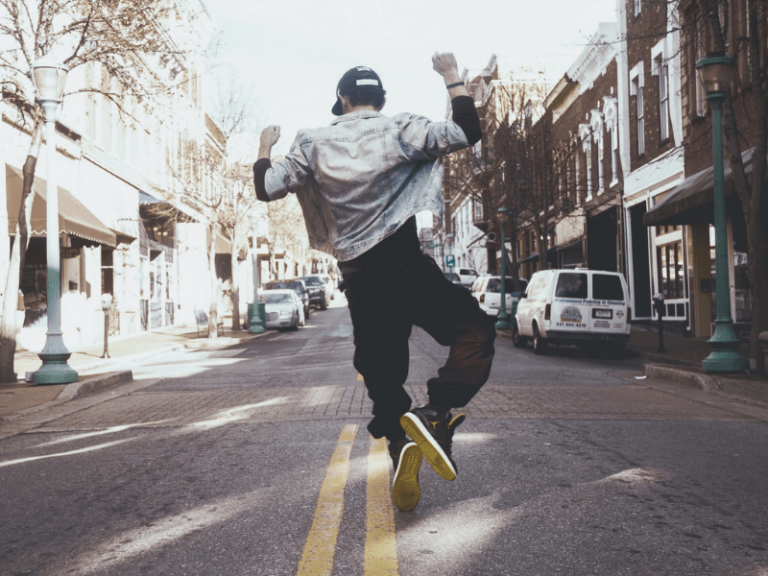
People often start microdosing because of sadness and depression, and personal stories of how microdosing helps them number in the tens of thousands online. One such person who said that the practice helped them with their severe depression is 27-year-old Erica Avey. Avey told The Guardian in an interview that she microdosed on LSD for several months because she had entered a stage in her life where she suffered from debilitating bad moods.
The 27-year-old said that the psychedelic she used was an analog of LSD that was legal in Germany. Avey told them she started using the analog because it was often a challenge just to leave her apartment and do normal things. She went on to say microdosing the popular counterculture drug was effective when it came to managing and balancing her moods.
Erica Avey was unique because she could be open about it. The people where she worked knew that she microdosed LSD for her depression, and they were all right with it, she said. Avey added that “as long as I wasn’t out of control or permanently high at work, they were quite OK.”
A full dose of LSD is about 100 micrograms, and Avey said she took about one-sixth of a full dose of LSD, or 15 micrograms in other words. She indicated that the amount worked for her but said that some people took as little as six micrograms. Avey adopted a protocol that many members of the microdosing community stick by: Cycling one day on & three days off.
Once her self-treatment of choice kicked in, Avey said the drug allowed her to go to work and function normally. Of the experience, she told The Guardian, “It lifted me out of a pretty deep depression; I’m still trying to wrap my head around what it has done to me in the long term. I think it changed me.”
Erica Avey said that not only does she consider taking crumb-sized pieces of LSD a big help for her depression, but it also made her more self-aware and less ruminative.
Another person who took LSD to help with the blues and depression is author Ayelet Waldman. Waldman, the author of “A Really Good Day: How Microdosing Made a Mega Difference in My Mood, My Marriage, and My Life,” said that after she struck out with conventional medications, she turned to microdosing LSD for help. The psychonaut writer alleged that the acid made a positive change to her life by saving “her from her intolerable mood storms.”
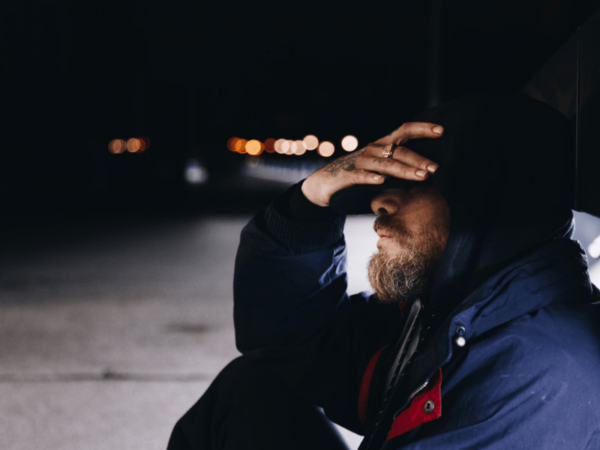
For now, researchers haven’t confirmed whether taking mini bits of psychoactive substances is safe and is an effective therapy for depression. In light of that, it’s hard to say for sure whether microdosing is effective for depression. The answer is as complex and as varied as the many mental disorders that microdosing psychedelics is alleged to treat. Stay posted to find out what current research yields, and it never hurts to keep reading up on the subject with the rest of the microdosing community.
Many people report positive changes to their depression after microdosing for a short period of time.

For many who walk the path of creativity, the dreaded ‘creative block’ is a periodical occurrence that all artists know too well. Amidst deadlines,
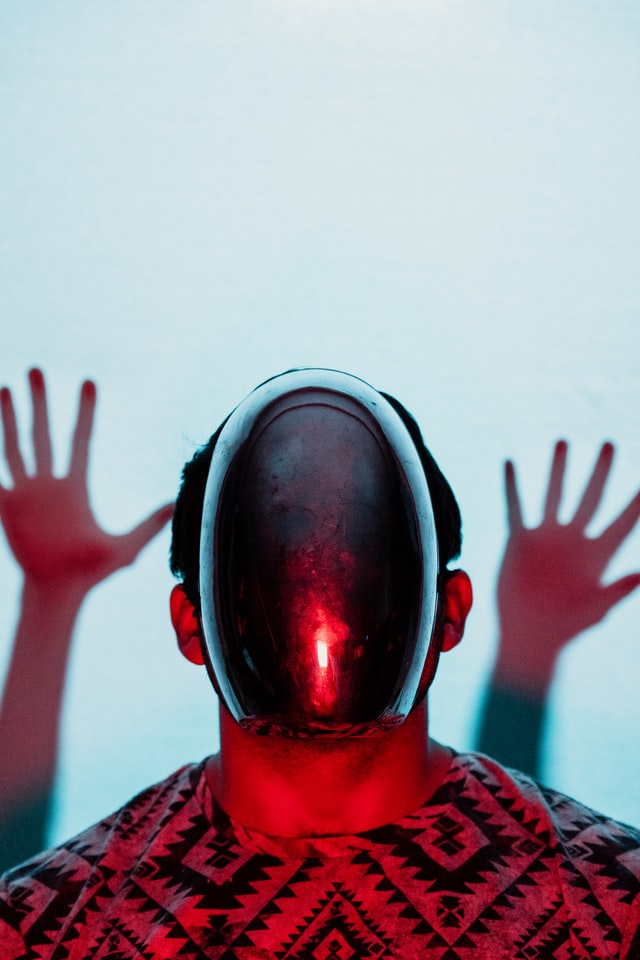
DISCLAIMER: * The objective of this article is specifically for speculation on how we can treat mental disorders with psychedelics. I do not condone or
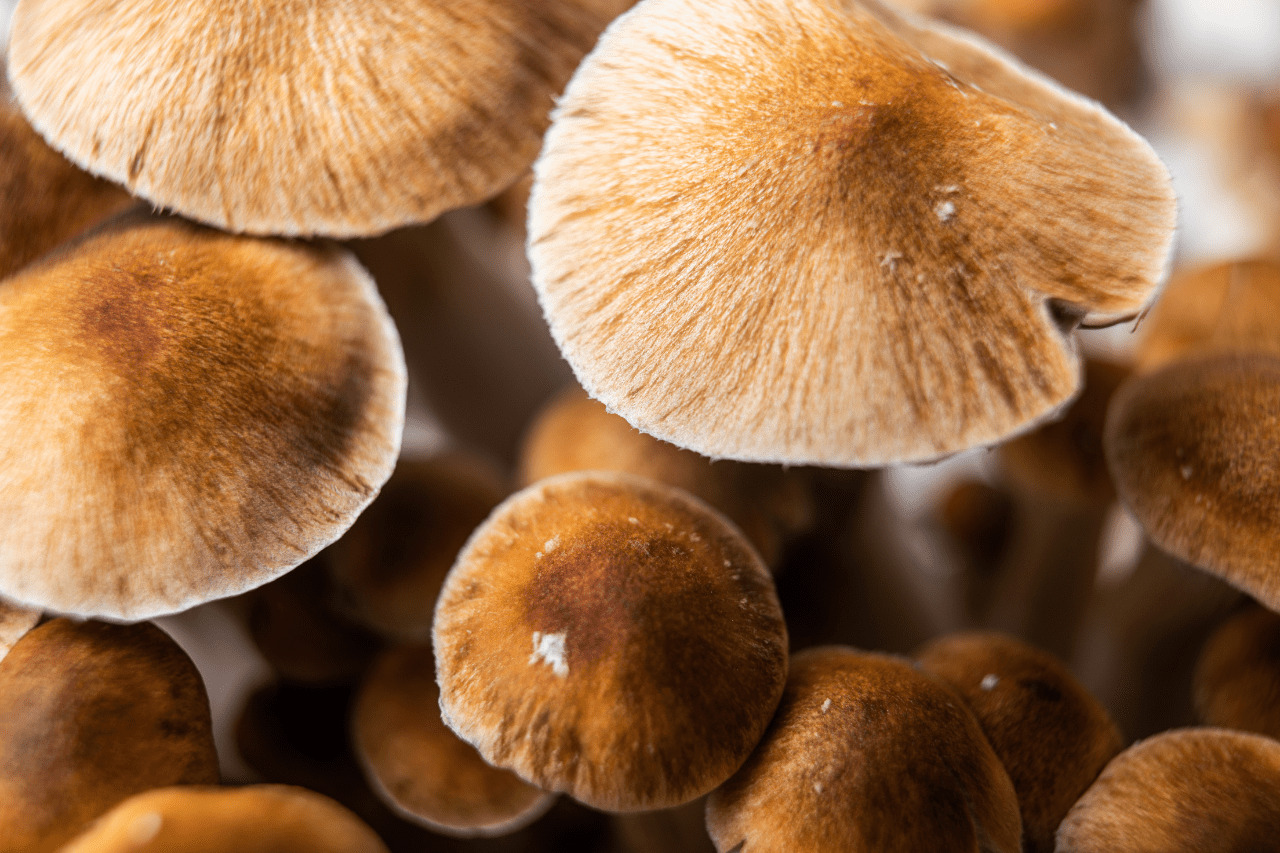
Another Stamets blog. Are you really that surprised? At Journey, we really cannot get enough of this walking legend! Public speaker, researcher, climate change activist,
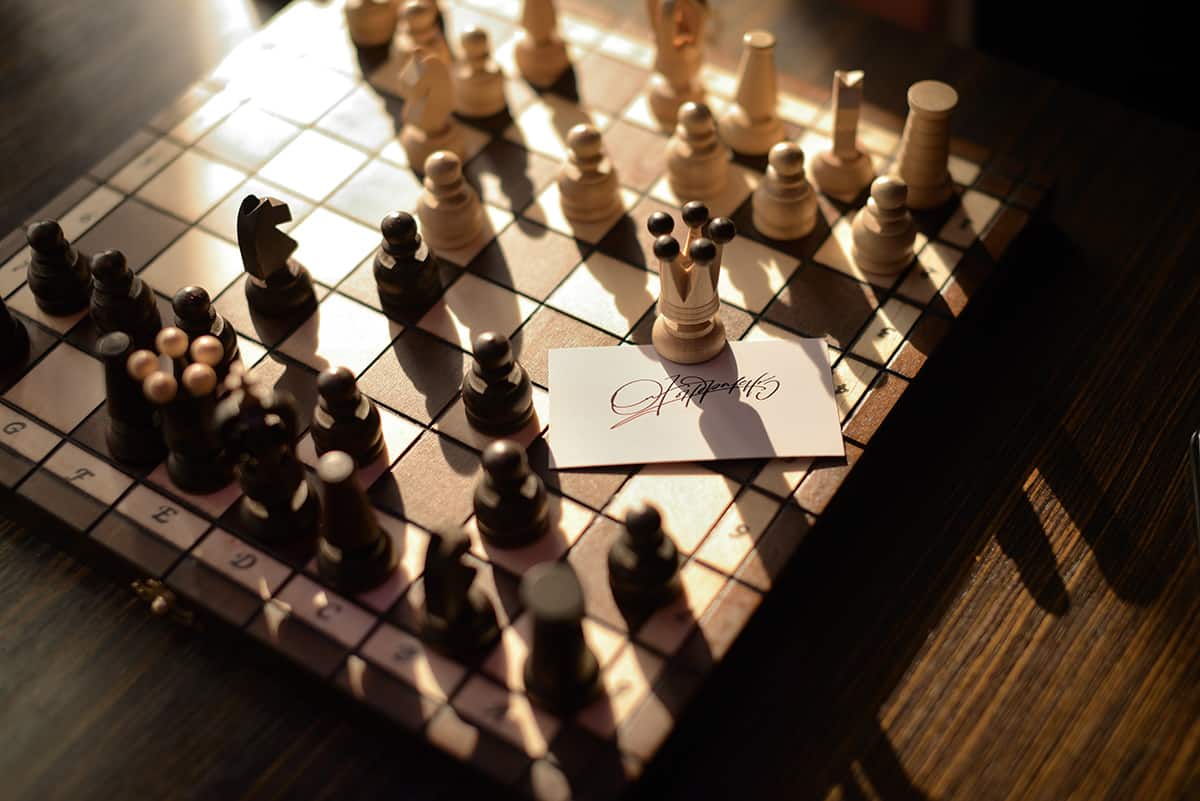
Most entrepreneurs will tell you if you don’t have enough time, capital, mental fortitude etc., then starting a business may not be the right path
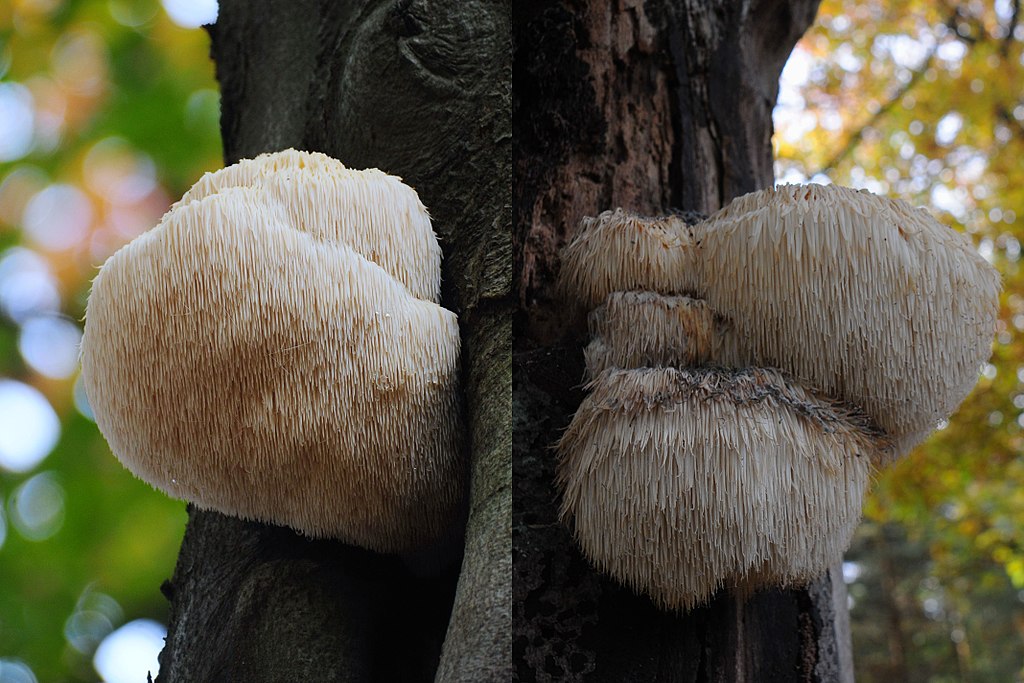
Lion’s Mane is a culinary and medicinal mushroom, and like many other edible fungi, they have essential nutrients and important health benefits. However, this particular
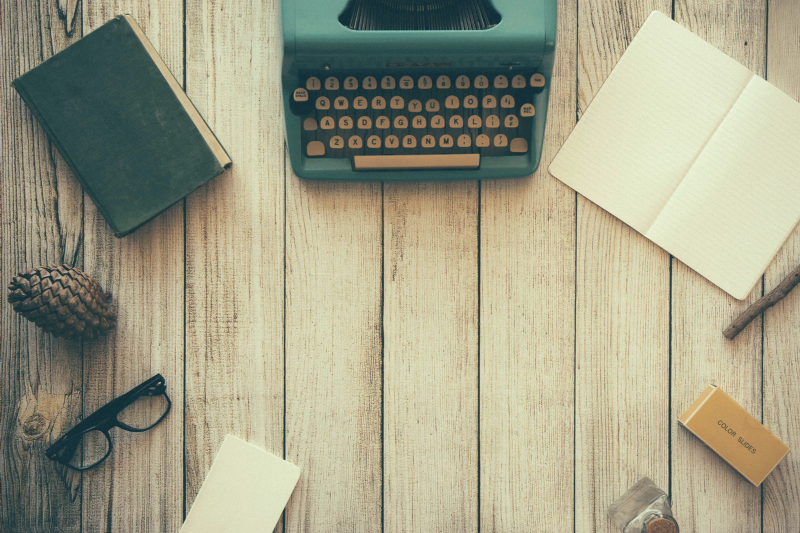
Microdosing takes place when a person consumes small quantities of mind-altering substances. The goal of doing it is to improve thought processes without affecting your
GET 10% DISCOUNT WITH NOTIFIED ABOUT THE LATEST NEWS AND UPDATES. NO SPAM, WE PROMISE!
FREE Tracked shipping on orders over €250 to EU countries.
Monday- Friday 8.30am- 5pm (CET)
A range of options available
Guaranteed delivery or your money back